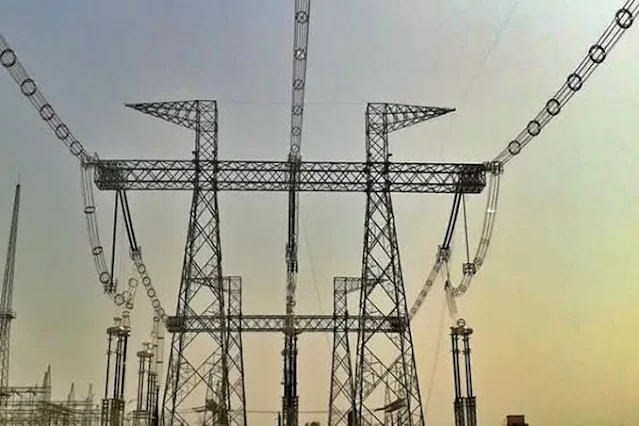Veteran power and climate policy analyst Shankar Sharma has strongly criticised the Indian government’s continued neglect of demand-side management (DSM) in the electricity sector, calling it a “chronic policy failure” that is leading to wasteful investments, ecological degradation, and long-term energy insecurity.
In a statement shared from Sagara in the Western Ghats, Sharma expressed concern over India’s tendency to focus almost exclusively on expanding generation and transmission capacity, while ignoring strategies like demand response and energy efficiency that could achieve grid stability at far lower costs and environmental impacts.
Citing a recent News18 opinion article on demand response, Sharma said, “Our policymakers, technocrats and politicians seem to be interested only in adding to the capacities, without bothering how the existing capacities are put to optimal use.” He added that this disregard for DSM has persisted despite its consistent endorsement in energy planning documents and global climate frameworks.
Referring to the Centre’s announcement of a Rs 53,000 crore Ultra High Voltage (UHV) transmission project, Sharma said such projects should be subjected to rigorous scrutiny, especially in the context of India’s increasing reliance on decentralised renewable energy sources like rooftop solar panels and community-scale wind and bio-energy systems.
He warned that UHV transmission lines — with rights-of-way as wide as 95 metres and often cutting through forests and farmland — would impose huge ecological and social costs. “The kind of ecological destruction we have been noticing in Coorg, the Western Ghats in general, in the Himalayas and elsewhere should make our policy makers take cognisance of the associated threats to our future,” Sharma said.
Pointing to the Central Electricity Authority’s (CEA) own projection of Rs 4.75 lakh crore in transmission investments required by 2027, Sharma questioned the logic of such outlays when demand-side measures could reduce load, enhance reliability, and make better use of current infrastructure.
He quoted the Planning Commission’s now-defunct Integrated Energy Policy, which had recommended treating energy efficiency as the “most important virtual source of domestic energy.” Sharma also referenced international best practices, noting how the European Union and Worldwatch Institute have long advocated energy efficiency as essential for climate mitigation and energy security.
“In view of the gross indifference being shown by our authorities on DSM measures, it is left to civil society groups to persuade the concerned authorities to become truly rational in all the associated policies and practices,” he remarked, urging wider public feedback on the ongoing Electricity Plan for 2022–27.
He emphasised that centralised grid expansion must not be allowed to override ecological and societal priorities. “Only a set of credible feedback from many more people in the society may be able to persuade the Ministry [of Power] to adopt a rational approach, which has been lacking all these years.”
Sharma has submitted a detailed response to the Draft National Electricity Plan (Volume II – Transmission) by CEA and hopes public interest platforms and publications like Counterview will help amplify these concerns.


Comments